
Why Do My Armpits Itch? Understanding Causes and Solutions
Introduction
Itchy armpits are more common than you might think. Many people experience this annoying sensation at some point in their lives. While it may seem trivial, itchiness under the arms can be bothersome and even distracting. In this article, we’ll look into the various causes, symptoms, and effective solutions for itchy armpits.
If you’re tired of the discomfort that comes with itchy armpits, consider using Dove Sensitive Skin Unscented Deodorant. It’s perfect for sensitive skin and helps keep you feeling fresh without irritating your delicate underarm area.

Summary and Overview
Itchy armpits refer to irritation in the underarm area, often prompting an urge to scratch. This discomfort can affect daily activities and overall well-being. Identifying the root cause is crucial for effective treatment. Common causes include poor hygiene, skin conditions, and reactions to products. Symptoms may vary from mild itching to redness and swelling. If the itchiness persists or worsens, seeking medical advice is essential for proper diagnosis and treatment.
To keep your skin feeling its best, consider moisturizing with CeraVe Moisturizing Cream. This creamy wonder not only hydrates but also restores your skin barrier, making it ideal for those prone to dryness and irritation.

Common Causes of Itchy Armpits
1. Poor Hygiene
Inadequate washing of the armpit area can lead to bacteria and sweat buildup. This accumulation can cause irritation and itching. Regular hygiene practices, including daily showers and thorough cleansing, can prevent these issues.
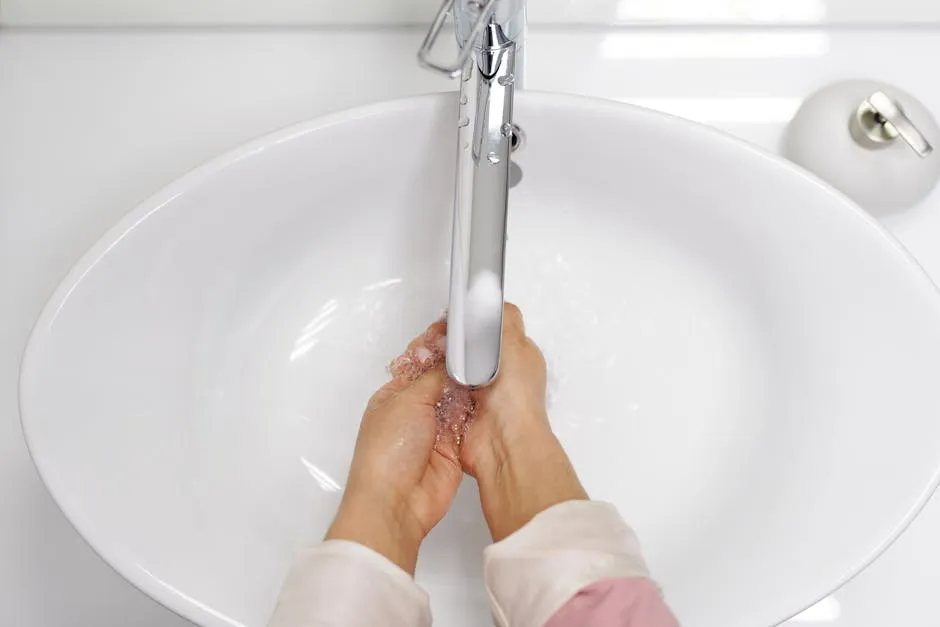
2. Heat Rash
Heat rash, also known as miliaria, occurs when sweat glands become clogged in hot and humid conditions. This rash leads to small, itchy bumps. To prevent heat rash, wear loose-fitting clothing and stay cool during warm weather. If you develop a rash, keeping the area dry can help it heal.
3. Contact Dermatitis
Contact dermatitis arises from skin exposure to irritants or allergens. Deodorants, soaps, and laundry detergents are common culprits. Symptoms include redness, swelling, and itchiness. To treat it, identify and avoid the irritant. Switching to fragrance-free or hypoallergenic products can also help reduce irritation.
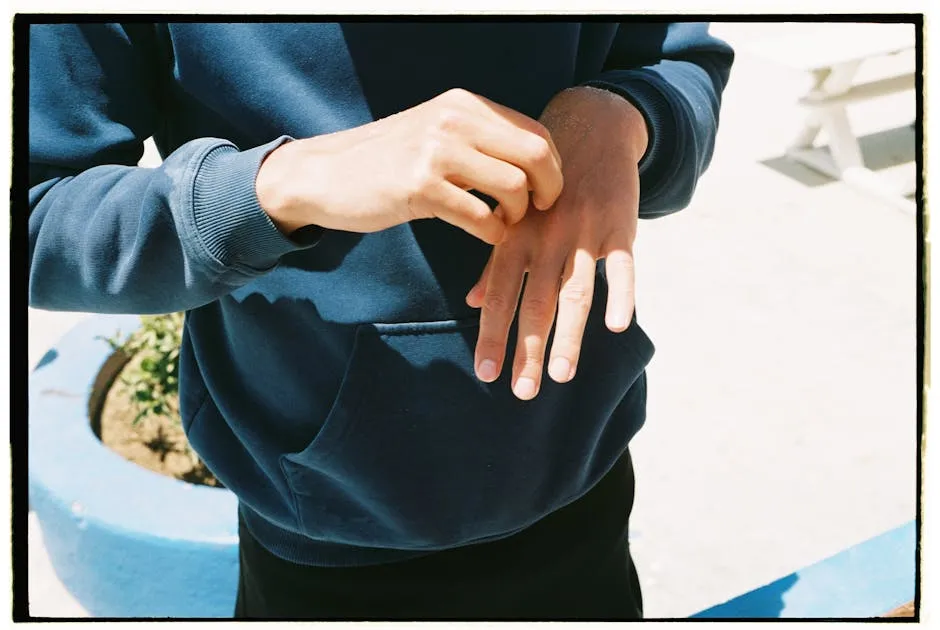
If you’re looking for a gentle alternative, try Vanicream Lite Lotion. It’s perfect for sensitive skin and is free from irritating chemicals, ensuring comfort even for the most delicate areas.
4. Razor Burns and Ingrown Hairs
Shaving can irritate the delicate skin under your arms. Razor burns occur when the skin gets inflamed after shaving. It typically feels like a burning sensation or can appear as red patches. On the other hand, ingrown hairs happen when hair grows back into the skin. This can cause painful, raised bumps that may become infected.
To prevent razor burn, use a sharp razor and shaving cream. Always shave in the direction of hair growth. After shaving, apply a soothing lotion to calm the skin. If you notice ingrown hairs, resist the urge to pick at them. Instead, gently exfoliate the area to help release trapped hairs.
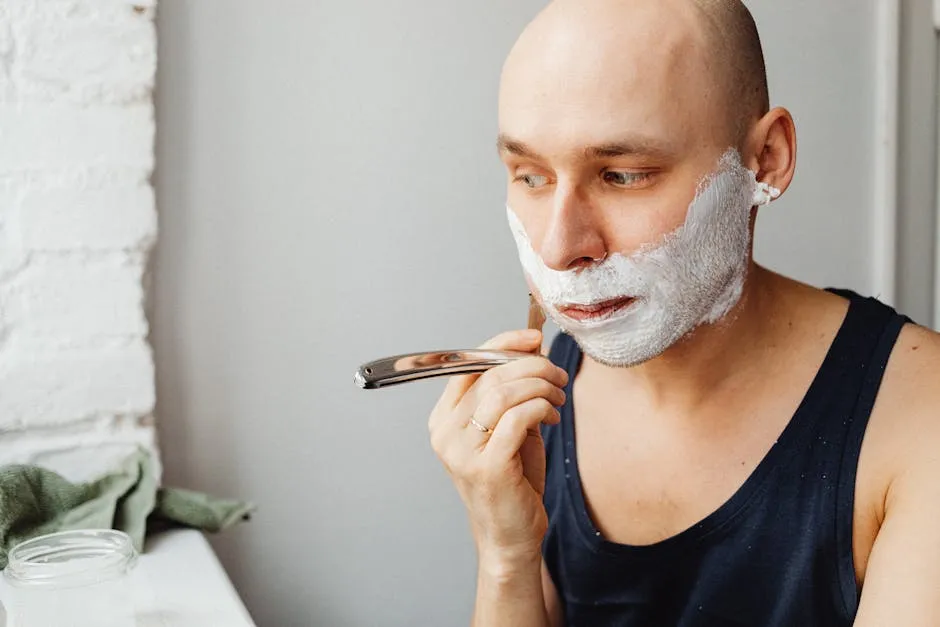
For an effortless shave, try the Schick Hydro Silk Razor. It glides smoothly and hydrates your skin, reducing the chances of irritation and leaving your underarms feeling silky soft.
5. Intertrigo
Intertrigo is an inflammatory rash that occurs in skin folds, including the armpits. It’s often caused by heat, moisture, and friction. This condition can be exacerbated by factors like obesity or excessive sweating. Symptoms include red, irritated skin, and in some cases, a burning sensation.

To treat intertrigo, keep the area dry and clean. Over-the-counter antifungal creams can help if an infection is present. Regularly changing clothes and using absorbent powders can also prevent moisture buildup.
For added moisture control, consider Gold Bond Powder for Men. This powder helps absorb moisture and keep your skin feeling fresh, making it a great companion for those hot summer days.
6. Eczema and Other Skin Conditions
Eczema can cause intense itching and redness in the armpit area. This skin condition may cause dryness, scaling, and inflammation. Other skin issues, such as psoriasis or folliculitis, can also lead to discomfort. Folliculitis, an infection of hair follicles, often appears as red, painful bumps.
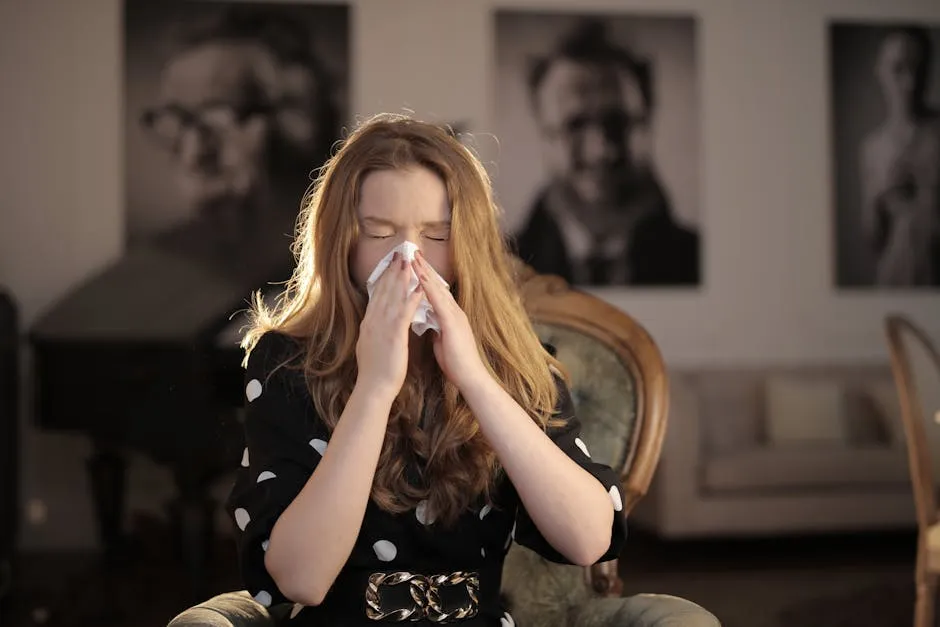
Proper diagnosis is crucial to determine the best treatment. A dermatologist can recommend topical steroids for eczema or antibiotics for folliculitis. Moisturizing daily can help manage eczema symptoms and keep the skin hydrated. For effective relief, consider applying Eucerin Skin Calming Cream. It’s formulated to soothe and hydrate, making it a must-have for anyone battling eczema.
7. Yeast Infections
Yeast infections can occur in the armpits, caused by an overgrowth of Candida. This fungus thrives in warm, moist environments, leading to bright red, itchy rashes. Symptoms may include small bumps and a burning sensation. Individuals with compromised immune systems or those who are overweight are more prone to these infections.
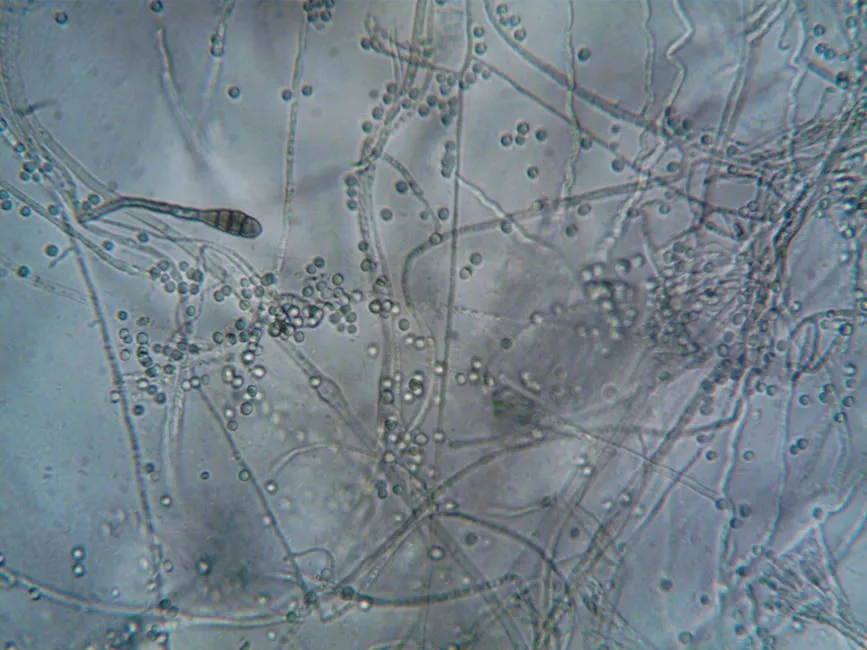
Treatment typically involves antifungal creams or powders. Keeping the area clean and dry is essential for prevention. Regularly using drying powders can also help reduce moisture buildup.
8. Allergic Reactions to Deodorants
Many deodorants contain allergens that can irritate sensitive skin. Common culprits include fragrances, alcohol, and certain chemicals. Symptoms of allergic reactions may include redness, itching, and swelling.
If you suspect an allergic reaction, consider switching to hypoallergenic or natural deodorants. These products are gentler on the skin. Always patch-test new products before applying them fully to avoid irritation. For a natural option, try Burt’s Bees Natural Deodorant. It’s free of synthetic fragrances and alcohol, making it a great choice for sensitive skin.
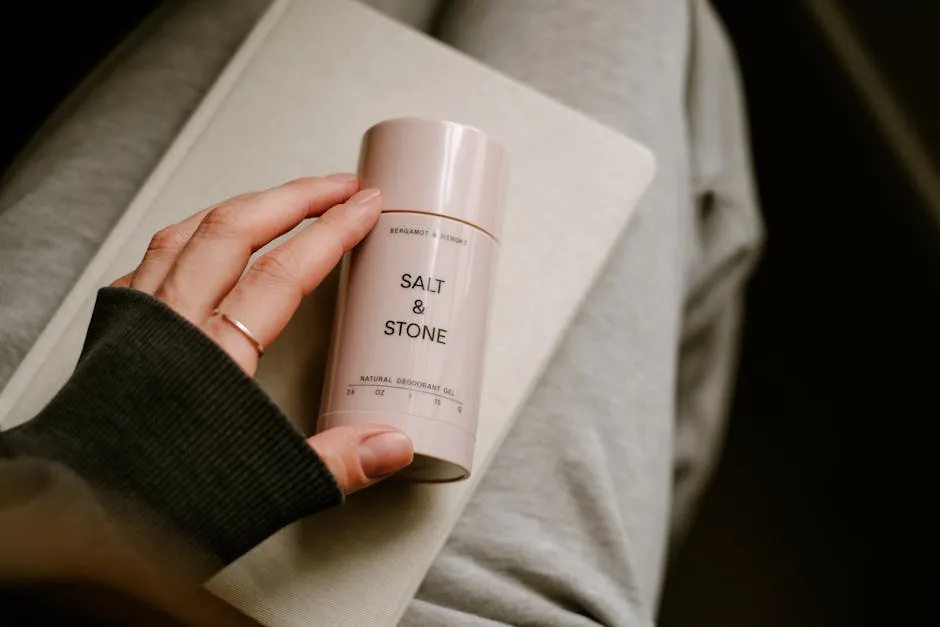
When to Seek Medical Attention
Persistent itching in your armpits can signal a more serious issue. Pay attention to signs that indicate you should consult a healthcare professional. If the itching lasts more than two weeks, or if you notice any rash changes, it’s time to seek help. Other concerning symptoms include swelling, redness, or discharge. These could indicate an infection or an allergic reaction.
It’s essential to consult a doctor for persistent symptoms. They can provide guidance and recommend treatment. Don’t wait for the itching to worsen before seeking help. A healthcare professional can perform a thorough evaluation to identify the underlying cause.

Potential diagnostic procedures may include skin tests or biopsies. These tests help pinpoint the exact issue causing the itchiness. Early intervention can prevent complications and improve your comfort.
Tips for Preventing Itchy Armpits
1. Maintain Good Hygiene
Keeping your armpits clean is crucial. Regularly wash the area with soap and water. Make sure to dry your armpits thoroughly afterward. Damp skin encourages bacteria and irritation. A clean routine will minimize discomfort and keep your skin healthy.
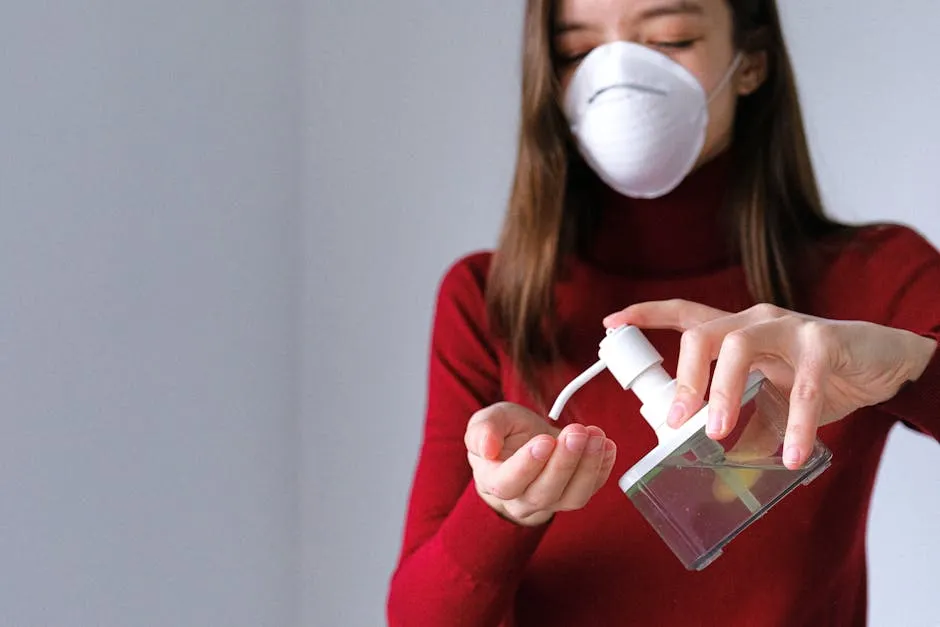
2. Use Gentle Products
Opt for mild, fragrance-free products. Harsh chemicals in deodorants and soaps can irritate sensitive skin. Look for options labeled “hypoallergenic” to reduce the risk of allergic reactions. Always perform a patch test on new products to ensure they won’t cause irritation.
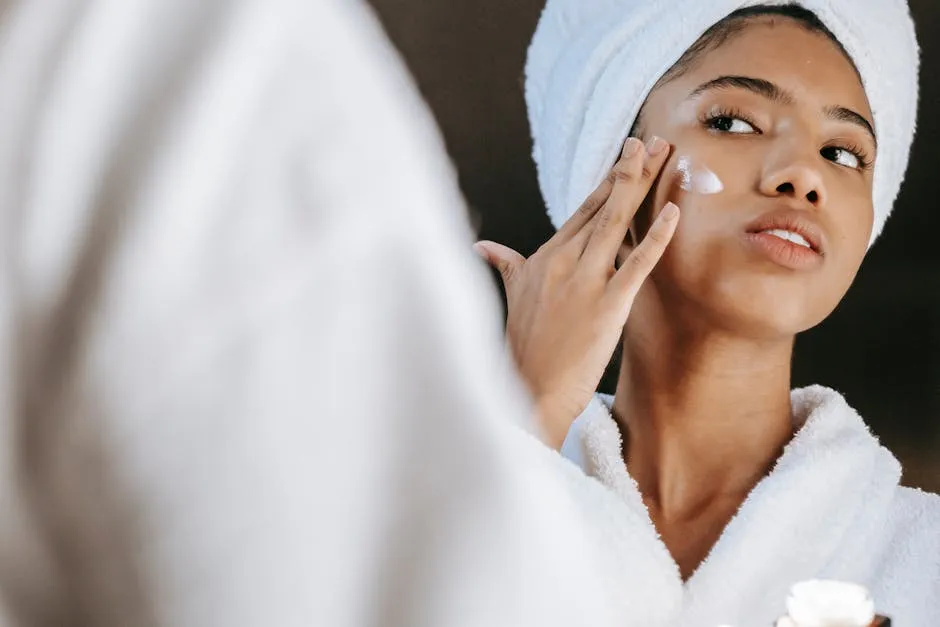
3. Wear Breathable Fabrics
Choose loose-fitting, breathable fabrics like cotton. Tight clothing can trap moisture and heat, leading to irritation. Natural fibers allow your skin to breathe, helping to keep the area dry. This simple change can significantly reduce itchiness.
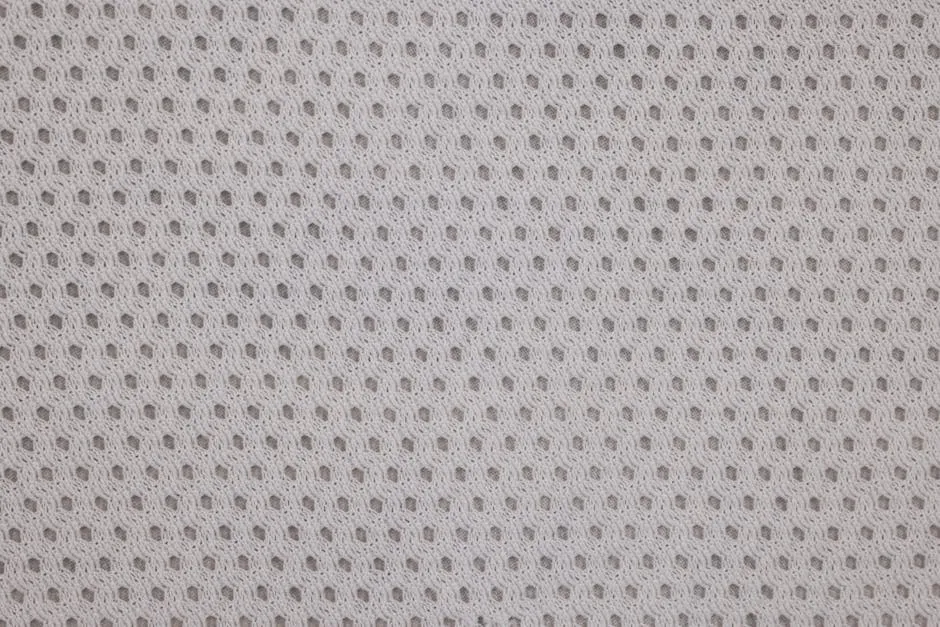
4. Manage Sweat and Moisture
To keep your armpits dry, consider using absorbent powders. These can help reduce moisture buildup throughout the day. After exercise, shower promptly to wash away sweat. Staying dry is key in preventing irritation and discomfort. Try Gold Bond Medicated Powder for extra moisture control.

5. Regular Skin Care
Moisturizing your underarms is essential. Use a gentle, fragrance-free moisturizer daily. This practice helps maintain skin hydration and minimizes dryness. Keeping skin moisturized can prevent irritation and soothe existing discomfort. Consider Neutrogena Hydro Boost Water Gel for a refreshing hydration boost.

FAQs
What are the common symptoms of itchy armpits?
Common symptoms include itching, redness, swelling, and bumps. You might also notice flaky skin or a burning sensation. These symptoms can vary in intensity based on the underlying cause.
Can itchy armpits indicate a serious condition?
Yes, while most cases are benign, itchy armpits can signal serious conditions. Lymphoma and inflammatory breast cancer may present with itching among other symptoms. If itching persists or worsens, consult a healthcare professional.
How can I treat itchy armpits at home?
Home remedies include applying aloe vera or hydrocortisone cream. Keeping the area dry and using gentle, fragrance-free products can also help. Anti-itch lotions may provide quick relief from discomfort.
Are there specific deodorants that are less likely to cause irritation?
Yes, many hypoallergenic deodorants are available. These products often contain fewer irritants and are formulated for sensitive skin. Opt for fragrance-free options to minimize the risk of allergic reactions.
How can I prevent razor burn in the armpit area?
Razor burn can be a real nuisance, especially in sensitive areas like the armpits. To prevent it, start by using a sharp razor. Dull blades can tug at the skin, causing irritation. Always apply a generous amount of shaving cream or gel to create a protective barrier. This helps the razor glide smoothly over the skin.
Shave in the direction of hair growth to reduce friction. Going against the grain may lead to irritation and ingrown hairs. After shaving, rinse the area with cool water to soothe the skin. Consider applying a soothing lotion or aloe vera to calm any potential irritation. Lastly, give your skin a break and avoid shaving every day if possible; this allows for healing and reduces the risk of razor burn.Can diet affect skin conditions like itching?
Absolutely! What you eat can play a significant role in your skin health. Diets high in sugar and processed foods can lead to inflammation, which may trigger skin issues, including itching. Incorporating foods rich in antioxidants, like fruits and vegetables, can help combat inflammation. Omega-3 fatty acids, found in fish and flaxseeds, are also beneficial for skin health.
Hydration is key too. Drinking plenty of water keeps your skin hydrated and may reduce itchiness. Additionally, some people find that dairy or gluten can exacerbate skin conditions. Keeping a food diary can help you identify if certain foods are linked to your itching. Making mindful dietary choices can contribute significantly to your overall skin health.What should I do if my armpits itch at night?
If you find yourself scratching your armpits at night, you’re not alone! Nighttime itching can be frustrating. First, consider the products you use. Sometimes, deodorants or laundry detergents can cause irritation. Opt for fragrance-free or hypoallergenic options to reduce the risk of reactions.
Keeping your armpits cool and dry at night is essential. Wearing loose, breathable fabrics can help. You might also try applying a light moisturizer before bed to combat dryness. If you’re still experiencing itchiness, it could be due to sweat or heat buildup. In that case, showering before bed might help alleviate discomfort.
If night-time itching persists, it’s wise to consult a healthcare professional. They can help identify any underlying issues and offer tailored solutions.
Please let us know what you think about our content by leaving a comment down below!
Thank you for reading till here 🙂 Don’t forget to check out Thayers Witch Hazel Toner for a refreshing finish to your skincare routine!
All images from Pexels




